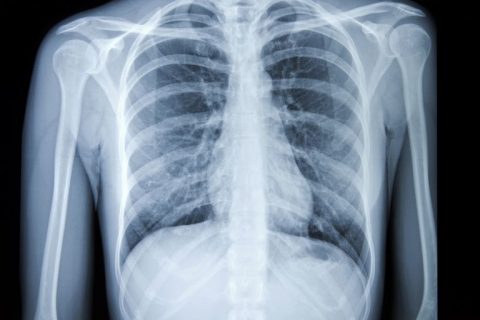DMC Radiology Reporting has a team of fully trained sub specialist Radiologist who report our Prostate scans. All have undergone additional training and adhere to the Royal College of Radiologists standards in training for this examination. DMC RR can offer a high quality reporting service in this increasingly requested examination, helping NHS Trusts to adhere to the Department of Health waiting times and ensuring patient receive prompt treatment.
Prostatic MRI

Prostatic MRI
Required some text here
Prostatic MRI
With the increasing use of MRI in diagnosis of prostate abnormalities and as the pathway for these patients is so short, there is pressure on NHS Trusts to turn these scans around in the required time scale.
- Required some text here
We are here to help, we have the expertise and technology, we know exactly what you need.
Contact us on 07802 341186 or 0207 635 1070
Other Services

DIAGNOSTICS TESTS
Visual acuity test, intraocular pressure measurement, corneal thickness measurement, eye fundus examination.

OPHTHALMIC TREATMENTS
Laser treatments such as retinal laser coagulation, capsulotomy, and anti-glaucoma treatments.

OPHTHALMIC SURGERIES
Cataract and glaucoma surgeries, vitrectomy, strabismus suirgeries, and multi-pediatric and combined surgeries.
Registered in England: 06745192
Registered at: 60 Chadwick Road, Peckham, London, SE15 4PU
